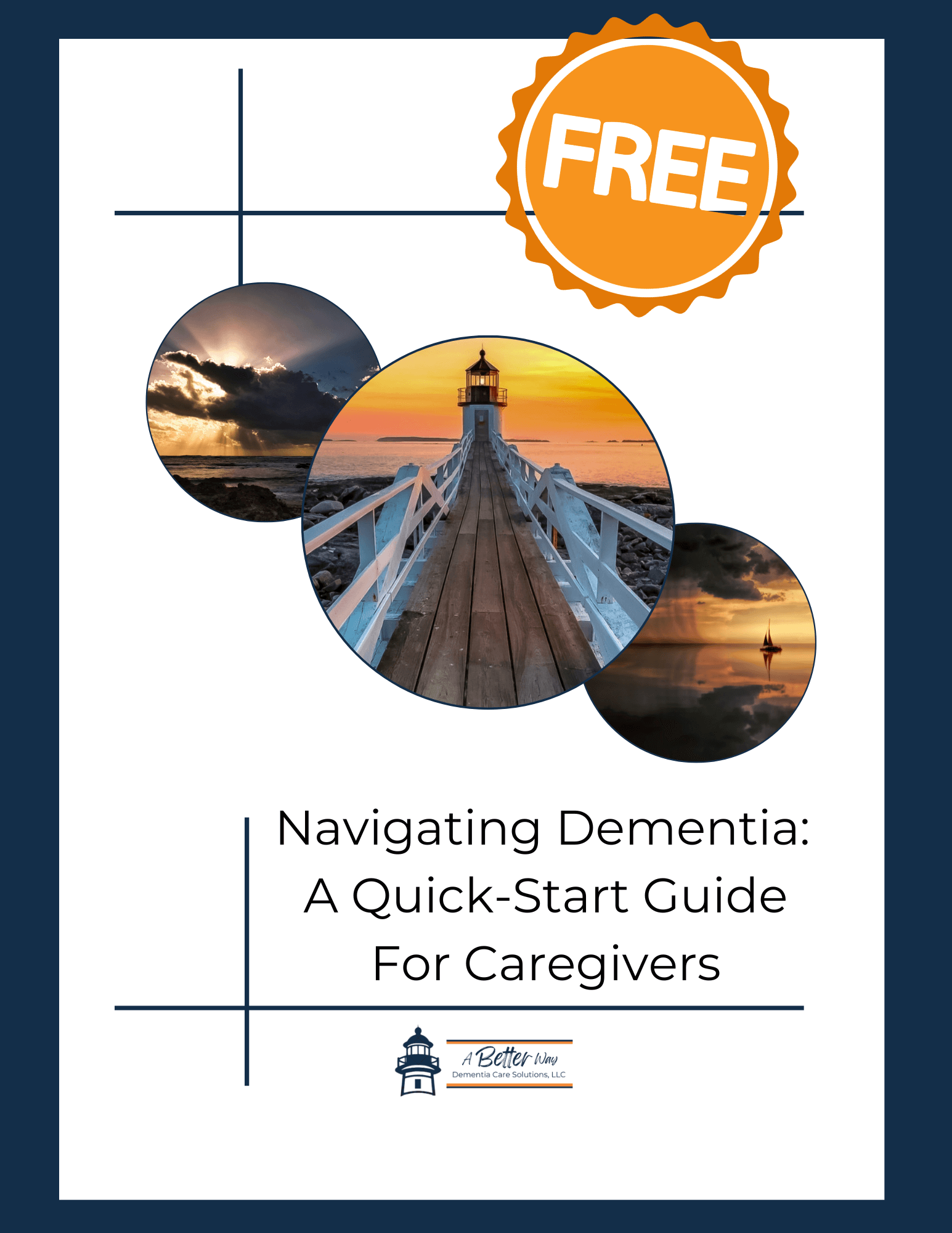
When you’re caring for someone with dementia, it’s easy to feel overwhelmed by the do’s and don’ts, especially when it comes to food. You might wonder if sugar is making things worse, if processed meals are okay, or if that nightly dessert really matters.
Here’s the good news: you don’t need to become a nutritionist. But understanding which foods to gently limit, and why, can help you support brain health, improve mood, and make meals feel better overall.
This isn’t about perfection. It’s about knowing what matters most and making changes where you can.
Why Certain Foods Matter More in Dementia Care
As dementia progresses, the brain becomes more sensitive to inflammation, blood sugar changes, and gut health. Some foods can make these symptoms worse, especially over time. That’s why it helps to pay attention to what’s on the plate, not with judgment, but with care.
1. Ultra-Processed Foods
These are packaged snacks, frozen meals, or fast foods that often contain additives, preservatives, and little nutritional value. They can cause blood sugar spikes and may increase inflammation in the brain.
Instead, try:
- Simple meals with fresh or frozen ingredients
- Pre-chopped veggies, rotisserie chicken, or low-sodium soups
Small swap: Replace frozen pizza with homemade flatbread topped with veggies and cheese.
2. Sugary Drinks and Sweets
High sugar intake can affect memory and energy levels. While treats in moderation are okay, regular sugar highs and crashes aren’t helpful.
Instead, try:
- Water, herbal teas, or flavored seltzers
- Fruit with yogurt or dark chocolate for dessert
Gentle approach: Don’t take away a loved one’s favorite treat, just offer healthier options more often.
3. High-Sodium Foods
Too much salt can raise blood pressure, which affects brain health. Canned soups, deli meats, and fast food are common culprits.
Instead, try:
- Low-sodium broths, unsalted nuts, and fresh herbs for seasoning
- Batch-cooked soups and stews with whole ingredients
Watch the labels: “Low sodium” or “no salt added” can be helpful clues.
4. Fried and Fast Foods
These can be hard to digest and often come with excess fats, salt, and sugar. Eating them regularly can lead to sluggishness or stomach upset.
Instead, try:
- Baked, grilled, or air-fried meals at home
- Oven-roasted potatoes or veggie sticks instead of fries
Tip: Use a toaster oven or air fryer for quick but healthier options.
5. Artificial Sweeteners and Additives
Some artificial ingredients can cause bloating or interfere with taste. Aspartame, in particular, may have negative effects on brain health in some people.
Instead, try:
- Natural sweeteners like honey or maple syrup (in small amounts)
- Real, whole foods with fewer ingredients
Start simple: Choose snacks you can recognize and pronounce.
A Realistic Approach
This isn’t about cutting everything out. It’s about gradually shifting toward meals that help your loved one feel their best. You’re already doing something powerful by caring and paying attention.
Try starting with one or two small swaps each week. Celebrate what’s working. And remember: comfort and connection at mealtimes matter just as much as nutrition.
Make a Swap
What’s one small food swap you feel good about trying this week? Let me know in the comments.
You’re Doing Great
If you’re worried that mealtimes aren’t perfect, take a breath. You don’t need perfection. You need peace, flexibility, and small steps that support well-being. You’ve got this.
Your "Calmer Meals in 5 Days" Email Course Is Here!!!
If you want even more step-by-step help creating safe, delicious, and easy-to-prepare meals, my "Calmer Meals in 5 Days" Email Course is designed for dementia caregivers, family supporters, and care professionals. For only $15, you will learn how to adapt meals to meet both safety and enjoyment goals, save time in the kitchen, and bring more peace to mealtimes.
You don’t have to figure this all out alone. I’ve created a free Nutrition Guide to help you simplify meals and support brain health with confidence.
Inside, you'll find practical guidance like:
- Keep it Simple & Familiar
- Hydration is Key
- Gentle Nutrition for Brain Health
- Calm the Environment
- Support Independence
Mealtimes may not look the way they once did, but with small, thoughtful changes, they can still offer comfort and connection.
Even simple strategies can ease stress and make eating safer and more enjoyable.
You’re doing important work, and you’re not alone. With the right tools and support, you’re creating a better way to care-one meal at a time.
Notes
1. Alzheimer’s Association. (2024). Tips for maintaining healthy nutrition in Alzheimer’s and dementia. Retrieved from https://www.alz.org
2. Mayo Clinic Staff. (2023). Dementia care: Tips for daily tasks. Retrieved from https://www.mayoclinic.org
3. National Institute on Aging. (2024). What to eat to help lower your risk of dementia. Retrieved from https://www.nia.nih.gov
4. Harvard Health Publishing. (2022). The truth about sugar and brain health. Retrieved from https://www.health.harvard.edu
5. NIH National Library of Medicine. (2023). Artificial sweeteners and cognitive function: A review. Retrieved from https://pubmed.ncbi.nlm.nih.gov
6. Alzheimer’s Society (UK). (2024). Eating well with dementia. Retrieved from https://www.alzheimers.org.uk
2. Mayo Clinic Staff. (2023). Dementia care: Tips for daily tasks. Retrieved from https://www.mayoclinic.org
3. National Institute on Aging. (2024). What to eat to help lower your risk of dementia. Retrieved from https://www.nia.nih.gov
4. Harvard Health Publishing. (2022). The truth about sugar and brain health. Retrieved from https://www.health.harvard.edu
5. NIH National Library of Medicine. (2023). Artificial sweeteners and cognitive function: A review. Retrieved from https://pubmed.ncbi.nlm.nih.gov
6. Alzheimer’s Society (UK). (2024). Eating well with dementia. Retrieved from https://www.alzheimers.org.uk
Want to keep figuring this out together?
Subscribe to Finding Our Way in Dementia Care and get honest stories, helpful tips, and gentle support delivered to your inbox every week. Just real talk, grounded care, and space to breathe.
Subscribe to Finding Our Way in Dementia Care and get honest stories, helpful tips, and gentle support delivered to your inbox every week. Just real talk, grounded care, and space to breathe.
Kind truth. Clear steps. Warm guide.
















0 Comments